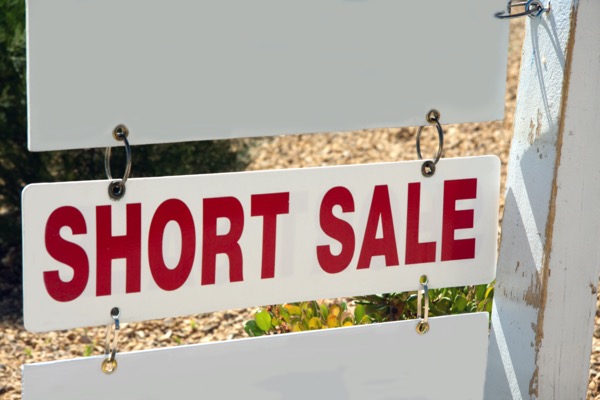Should I Consider a Short Sale? | Trusted American Mortgage

Short sales were a common part of the real estate landscape a decade ago as the number of properties in distress following the financial crisis that began in 2008 skyrocketed. Thankfully, the market settled down and short sales are rare now, but they’re still out there, which can be good news for buyers.
What Is a Short Sale?
Short sales are an agreement between the lender and the property owner that allows for the property to be sold for less than the remaining loan. In some cases, the lender agrees to forgive the remaining debt, which is part of why short sales are often a better option for property owners than foreclosure. Another advantage is it doesn’t inflict as significant a hit on the credit record.
Sellers who qualify for this type of relief are already well behind on payments, typically to a point from which it’s unlikely they’ll ever catch up, so drawing the sale out could cost the lender money. Additionally, short sales are approved when the real estate market surrounding the property are in such a slump that the house is worth less than the remaining mortgage balance.
Should I Buy a Short Sale?
There’s a lot to consider if you think about purchasing a short sale property. Here are a few:
If it seems unlikely the market will recover anytime soon and you’re looking to only be in the property a short time, you should know that may mean the property not only never appreciates in value but actually continues to lose value. If you intend to live in the home, you should also think about whether the neighborhood is one you want to spend your time in.
Short sales can be an opportunity to get a great deal, particularly in areas that are likely to recover. This is a hard thing to predict and may be unlikely depending on the status of the neighborhood. That’s part of why short sales were so popular in the Great Recession; many properties qualified because every market took a significant hit, so buyers got a bargain that grew in value.
Properties disposed of in short sales typically don’t sit empty for months or years prior as those that go through a foreclosure process do. That time being vacant isn’t good for homes, and it’s only made worse by the fact homeowners who can’t afford to pay their mortgages are also unlikely to be able to cover the costs of maintenance. Combined with potentially lengthy terms in the possession of banks, which typically don’t do much upkeep, this can leave foreclosure properties in bad shape. Still, short sale properties are typically sold as-is, which means you don’t get any improvement concessions.
Despite the name, short sales can take months and even more than a year, which is not a favorable timeline if you’re looking for a home to move into soon.
Trusted American Mortgage has the expertise to help you through financing your real estate purchase. If you’re ready to find your first or next home, let us help you!
